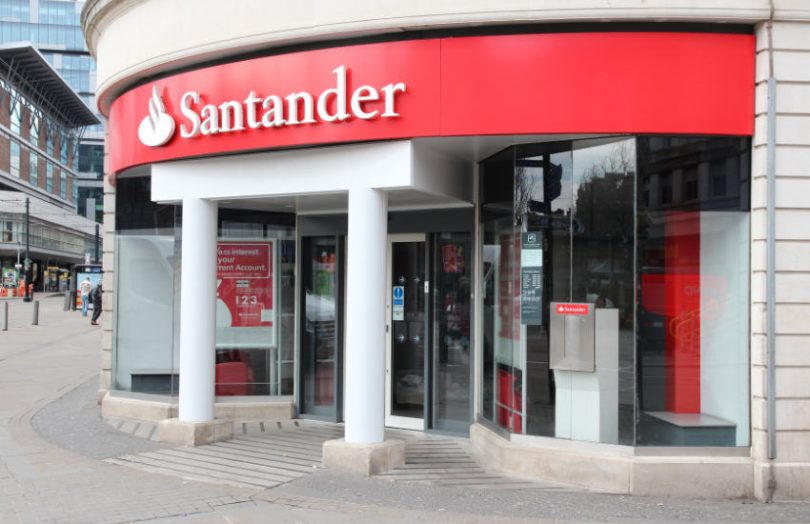Santander Argentina has partnered with startup Agrotoken to provide loans against public blockchain stablecoins backed by agricultural commodities including soya, corn and wheat. The tokens are stable in that they track the market prices of the commodities.
“Together with Santander, we are co-creating various financial products to provide agricultural producers with a service with which they can easily and smoothly access a new credit system backed by their grains,” said Eduardo Novillo Astrada, CEO & Co-Founder of Agrotoken.
The startup partnered with Accenture to design the business model and mechanics and the token scaled to 30,000 tons in a matter of months.
The asset backing is verified via a Proof of Grain Reserve. Our understanding is that major exporters validate the existence of the grain and effectively lock the amount of grain in storage and asset-backed tokens are issued. When grain is removed from silos, the equivalent amount of tokens are burned.
The mechanics are likely a lot tricker compared to a traditional stablecoin. For example, the organization that wishes to release the grains from storage would either have to buy the tokens in the market to burn (cancel) them or replace the grain verification certificate with another.
It’s not without risk, as there have been many large-scale frauds based on warehoused commodities unrelated to blockchain. The trick is to ensure that the same grain hasn’t been pledged elsewhere.
Currently, the platform uses three blockchains, Ethereum, Polygon and Algorand, with Algorand participating in its $5 million seed round in December 2021 alongside Argentina’s stockmarket, BYMA, and others. Market prices are based on price feeds from the futures and options market MatbaRofex.
All tokens are fungible, no matter where the produce is located. That might prove challenging, for example, if the grain is based in Russia during a war. The platform started by tokenizing produce in Argentina and is expanding into Brazil and Paraguay with its eye on the United States.
Meanwhile, in the UAE, CropData Technology launched its Agriota E-Marketplace as part of the Dubai Multi Commodities Centre (DMCC), allowing Indian farmers to transact with UAE food processors directly.
One of the largest blockchain projects in the agribusiness sector is Covantis, a joint venture from the world’s largest agribusinesses, including ADM, Bunge, Cargill, COFCO, Louis Dreyfus, Marubeni and Viterra (formerly Glencore). The goal is to digitize the logistics process.






